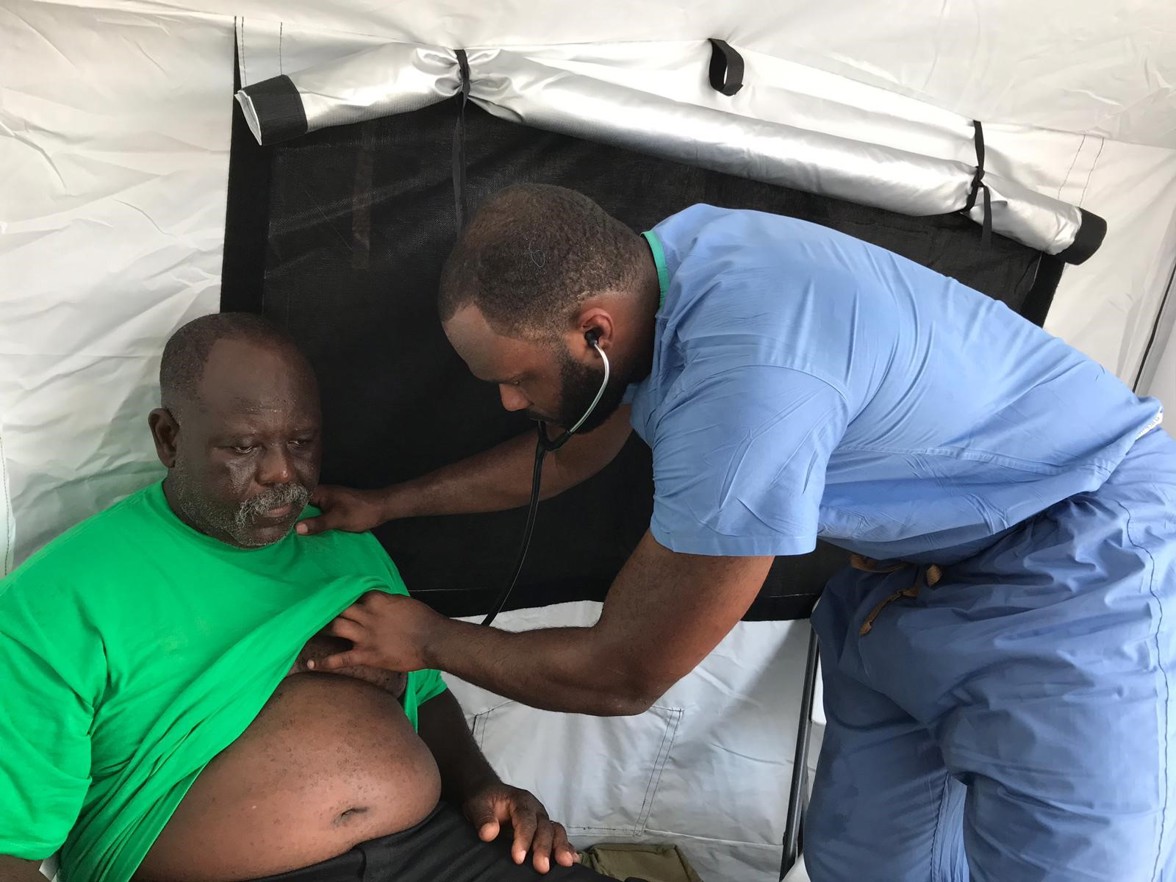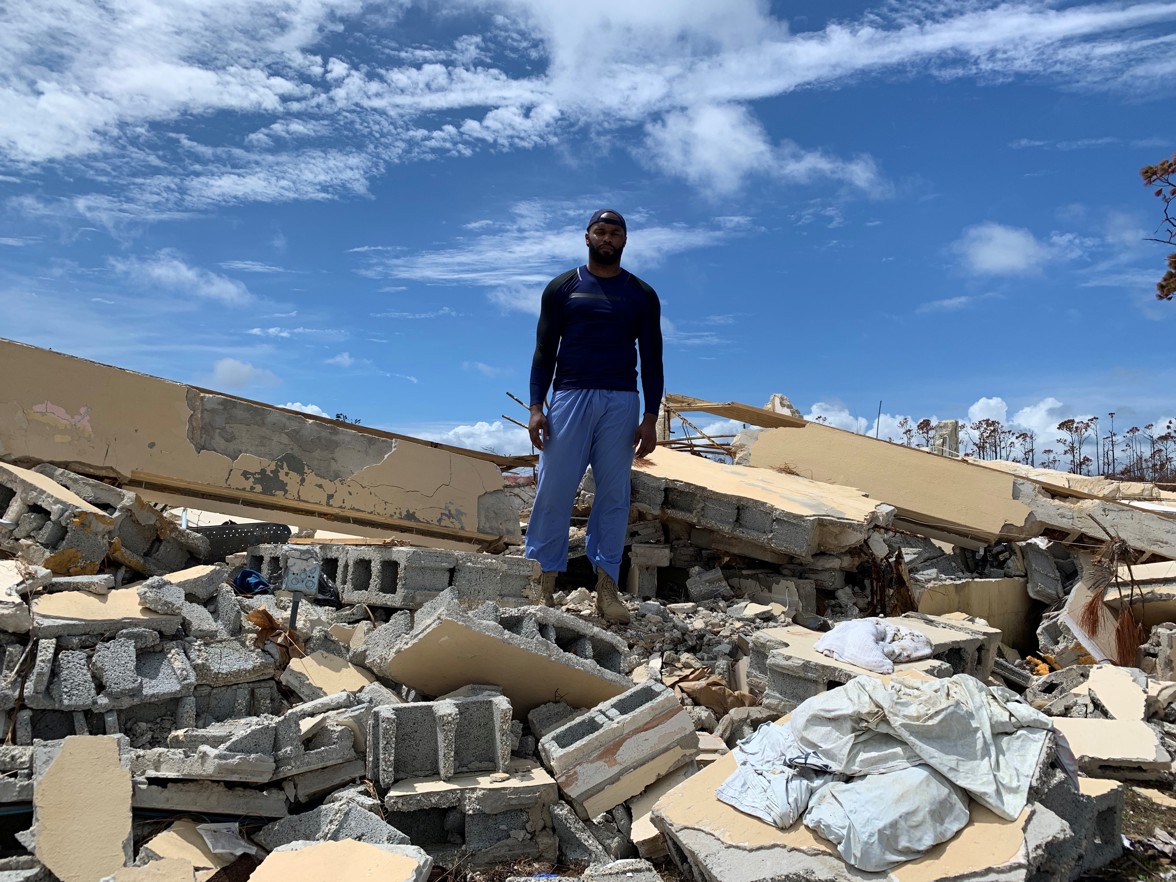I earned the Rhodes Scholarship the same day my football team of Florida State University (FSU) was playing the University of Maryland. We ended up winning that game. And my life changed forever. From St Edmund Hall reading for my MSc in Medical Anthropology to the NFL with the Titans and Steelers, to medical school back at FSU and now to junior residency in neurosurgery at Harvard/Massachusetts General Hospital (MGH) - God has blessed me and placed amazing mentors and friends in my life to help buttress this journey.
But while I was flying high, living out my dream, accomplishing a lifelong goal of being a neurosurgeon in Boston - reality hit. A harsh reality that my home country of the Bahamas had just been devastatingly leveled by the worst hurricane in our history. Hurricane Dorian came. It stayed for a while. And in its wake, it left a nation and her people desperately seeking reprieve. Personally I had a mixture of emotions. I initially felt helpless. I’m in Boston at the best hospital in the country completely disconnected from the tragedy that my family and fellow countrymen and women were facing. I then felt sorrow. It was hard receiving phone calls and text messages from loved ones who lost their homes or who hadn’t eaten in days because they were trapped in the attic as water levels rose or who saw their neighbors swept away into the ocean by tides stronger than Sampson. I moved to anger. Why did Dorian change it’s power to a category 5 storm? And why did it hover for several days? Who can I blame for this destruction? I realized the answers to those questions were not going to be helpful in this particular moment so my emotion changed one last time to this - motivated!
I became activated and energized to help in any way I could. If I am going to be the leader that the Rhodes community expects of its Scholars, then here is the moment where I can step up and answer that charge. Here is what I did. I called up the President of my hospital, Dr Peter Slavin. He is a wonderful man who knew my Bahamian background. I asked him what can I do as a part of our hospital to assist in the relief efforts. Dr Slavin put me in touch with Dr Hillary Cranmer, the head of the MGH Global Disaster Response Team. She was amazingly helpful and put my name on the roster for a potential team to travel to the Bahamas. The next move was to get clearance from my Neurosurgery chairman Dr Bob Carter and program director Dr Aman Patel. Without any hesitation, both men agreed to my 2 week deployment and were incredibly supportive. They sent out a department wide email informing everyone of my mission and the feedback I received from fellow residents, faculty members, staff was phenomenal. It gave me the boost of confidence I needed to fly into a disaster zone that I once knew as paradise.



